Florida Hurricane Impact on Financial Markets and Forex Trading
Introduction
The recent Florida hurricane has significantly impacted financial markets, particularly affecting forex trading and causing notable market volatility. Hurricanes disrupt various economic sectors, leading to shifts in investor sentiment and impacting currency values. This article explores the effects of the Florida hurricane on financial markets, focusing on the forex sector, and provides actionable strategies for traders to navigate these uncertain times.
How the Florida Hurricane Impacts Financial Markets
Natural disasters like hurricanes have immediate and sometimes prolonged impacts on financial markets. The Florida hurricane caused damage to infrastructure, homes, and businesses, leading to increased insurance claims, disruptions in energy production, and shifts in stock prices. Here are the key areas affected:
1. Stock Market Reaction
Stock markets typically respond quickly to natural disasters. In the case of the Florida hurricane, insurance companies have been under pressure due to rising claims, while construction and building materials companies have seen increased demand. Stocks for companies like Home Depot and Lowe’s have experienced gains as they supply materials essential for rebuilding efforts.
2. Commodities and Energy Markets
Hurricanes often disrupt oil production and transportation, especially along the Gulf Coast. The Florida hurricane led to temporary shutdowns in oil refineries, causing crude oil prices to spike. This volatility impacts energy-related stocks and can lead to inflationary pressures on a broader scale. After Hurricane Katrina, oil prices surged, demonstrating how natural disasters can lead to substantial fluctuations in energy markets.
3. Insurance Sector Impact
The insurance sector is one of the most affected by natural disasters. Insurance companies must pay out massive claims, which can lead to declines in stock prices. For traders, this situation presents opportunities for shorting insurance stocks immediately following a disaster, with potential for long-term gains as insurers raise premiums to recover.
Economic Impact of Florida Hurricane on Forex Trading
The forex market reacts sharply to economic events, including natural disasters. The Florida hurricane has introduced volatility, particularly with the U.S. dollar. Here’s a closer look at the hurricane’s impact on forex trading:
1. U.S. Dollar Depreciation
The Florida hurricane’s economic impact has raised concerns about potential economic slowdown in the U.S., contributing to the dollar’s depreciation. As a result, traders often move toward safe-haven currencies like the Japanese Yen and Swiss Franc. This trend is common in the aftermath of natural disasters as risk sentiment shifts.
2. Federal Reserve Policy Adjustments
The Federal Reserve may alter its monetary policy in response to the hurricane’s impact on the economy. Delayed interest rate hikes or even emergency measures may be implemented to aid recovery. These changes can affect the U.S. dollar’s value, creating opportunities for forex traders. After Hurricane Harvey, for example, the Fed’s cautious approach influenced dollar valuations, offering insights for forex trading strategies.
3. Increased Demand for Safe-Haven Currencies
During crises, forex traders tend to favor safe-haven currencies. The recent Florida hurricane has led to increased trading volume in JPY and CHF as traders seek stability. Monitoring currency pairs like USD/JPY and USD/CHF can provide traders with opportunities to capitalize on these market movements.
Anticipated Market Movements and Forecasts
Understanding potential economic impacts can help traders predict market movements. Here’s what to look for following the Florida hurricane:
1. Watch Key Economic Indicators
Traders should monitor indicators such as GDP, employment data, and inflation. These metrics provide insight into how the hurricane might affect the economy and, by extension, the forex market. A slowdown could lead to further dollar depreciation, influencing currency pairs.
2. Follow Federal Reserve Announcements
Fed announcements regarding monetary policy are essential following natural disasters. Any mention of rate changes or relief measures can significantly affect the dollar. Forex traders should keep a close eye on statements from the Fed for clues on the U.S. dollar’s direction.
3. Observe Commodity Price Movements
Since hurricanes often disrupt supply chains, traders should monitor commodity prices, particularly oil. Rising oil prices can have inflationary effects, further impacting the dollar. Forex traders can use this information to make informed decisions on trades involving oil-dependent economies and the U.S. dollar.
Forex Trading Strategies for Natural Disasters
Traders looking to manage risk and capitalize on opportunities during hurricane season can consider these strategies:
1. Diversify Currency Pairs
Diversifying across multiple currency pairs can help traders manage risk. For instance, while USD/JPY may be volatile, balancing it with pairs like EUR/USD can stabilize the portfolio.
2. Employ Hedging Techniques
Hedging helps reduce exposure to risk. If holding a position in USD/CHF, a trader might hedge by taking an opposite position in EUR/CHF, minimizing potential losses from dollar volatility.
3. Focus on Safe-Haven Currencies
Safe-haven currencies like the Yen and Swiss Franc offer stability. During the hurricane’s aftermath, increasing exposure to these currencies can help traders mitigate volatility in the forex market.
4. Utilize Stop Loss and Limit Orders
Stop loss and limit orders are crucial in volatile markets. These tools can protect capital and help traders manage their positions effectively during unpredictable times.
Conclusion
The Florida hurricane has underscored the importance of understanding how natural disasters impact financial markets and forex trading. By monitoring economic indicators, keeping an eye on the Federal Reserve’s policy, and employing effective trading strategies, forex traders can navigate the volatility associated with these events. Although hurricanes are unpredictable, being prepared with a sound trading plan can help mitigate risks and open doors to new opportunities in the forex market.



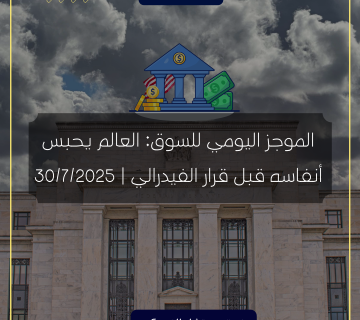

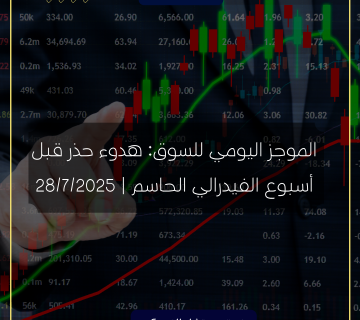
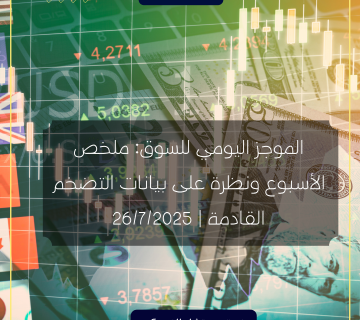
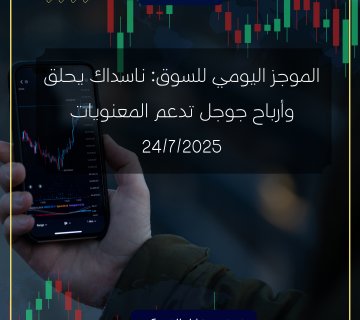


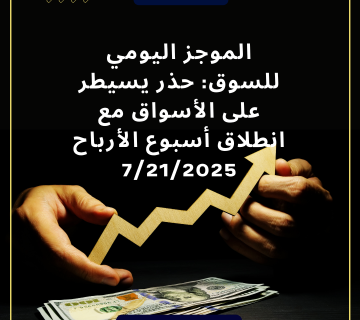
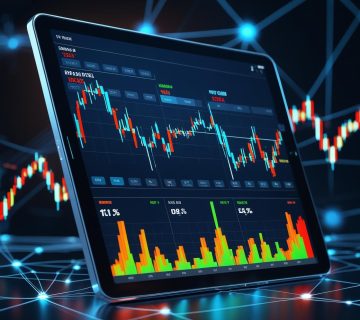

![Market Insights Today: Key Trends & What to Watch [July 17, 2025]](https://fxadv.com/wp-content/uploads/2025/07/licensed-image-360x320.jpg)
